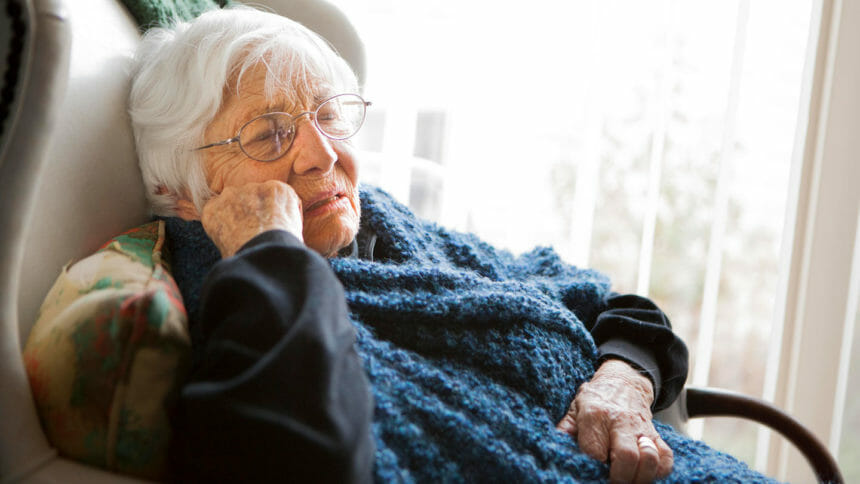
Individuals with obstructive sleep apnea may be at significantly greater risk for cognitive decline as they age, even among patients who otherwise are healthy and not obese, a new study finds.
Obstructive sleep apnea is a debilitating, chronic disorder of breathing that occurs during sleep. Common symptoms of sleep apnea include restless sleep, loud snoring, daytime sleepiness, and prolonged headaches in the morning. Currently, it’s estimated it may affect as many as 15-30% of men and 10-15% of women worldwide, but it often goes undiagnosed.
Researchers from the United Kingdom and Germany studied 27 men between the ages of 35 and 70 who had mild to severe obstructive sleep apnea, but who had no other co-morbidities such as obesity, cardiovascular disease or smoking or alcohol abuse. They conducted a series to neurological tests to compare the cognitive function of those men to a matched control group of seven men who did not have sleep apnea.
The results showed patients with severe obstructive sleep apnea had poorer vigilance, executive functioning, short-term visual recognition memory, and social and emotion recognition than the control group. Patients with mild sleep apnea performed better in cognitive function than those with severe sleep apnea, but were still worse than those in the control group.
“We show poorer executive functioning and visuospatial memory and deficits in vigilance, sustained attention, and psychomotor and impulse control in men with OSA. Most of these deficits had previously been ascribed to co-morbidities,” said Ivana Rosenzweig, PhD, a neuropsychiatrist who heads the Sleep and Brain Plasticity Centre at King’s College London, and the lead author of the study, in a news release. “We also demonstrated for the first time that OSA can cause significant deficits in social cognition.”
Researchers believe the study, despite its limitations including its size and small control group, “significantly contributes to understanding of the complex interplay between obstructive sleep apnea-severity and cognitive problems.”
“Furthermore, it appears that cognitive deficits in this age group are greatest in male patients with severe OSA, likely suggestive of already existent widespread intricate physiologic central nervous changes, and in further support of early treatment for this patient group,” they wrote.
The study was published in the April 6 issue of the journal Frontiers in Sleep.




